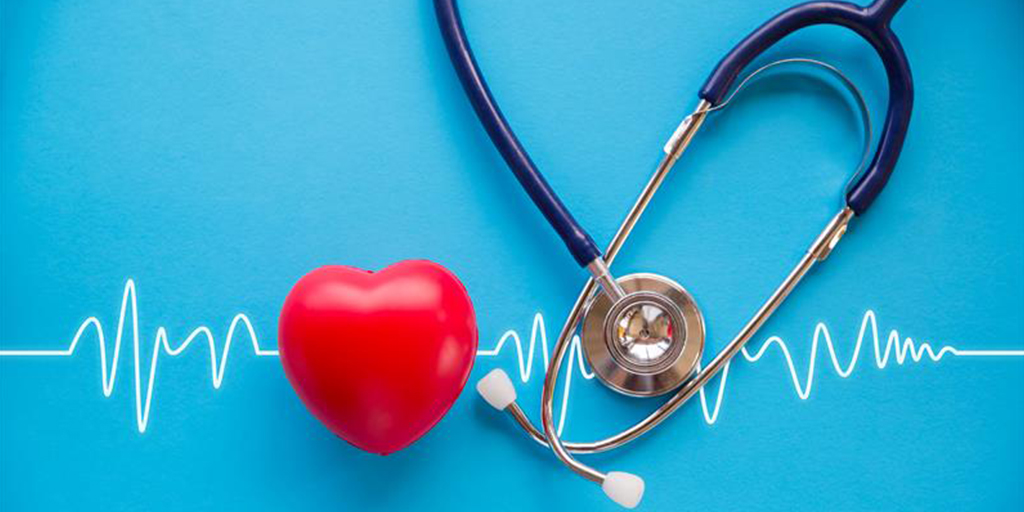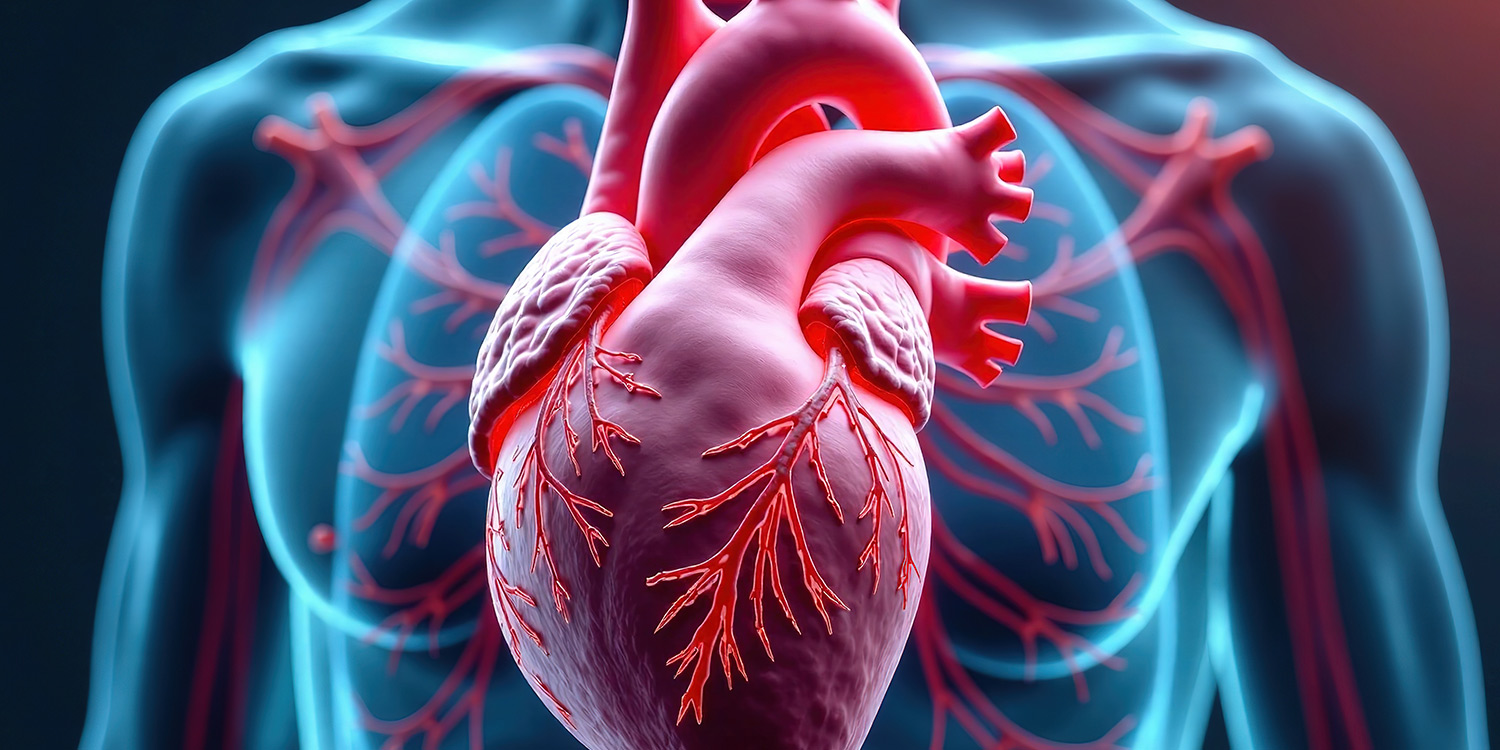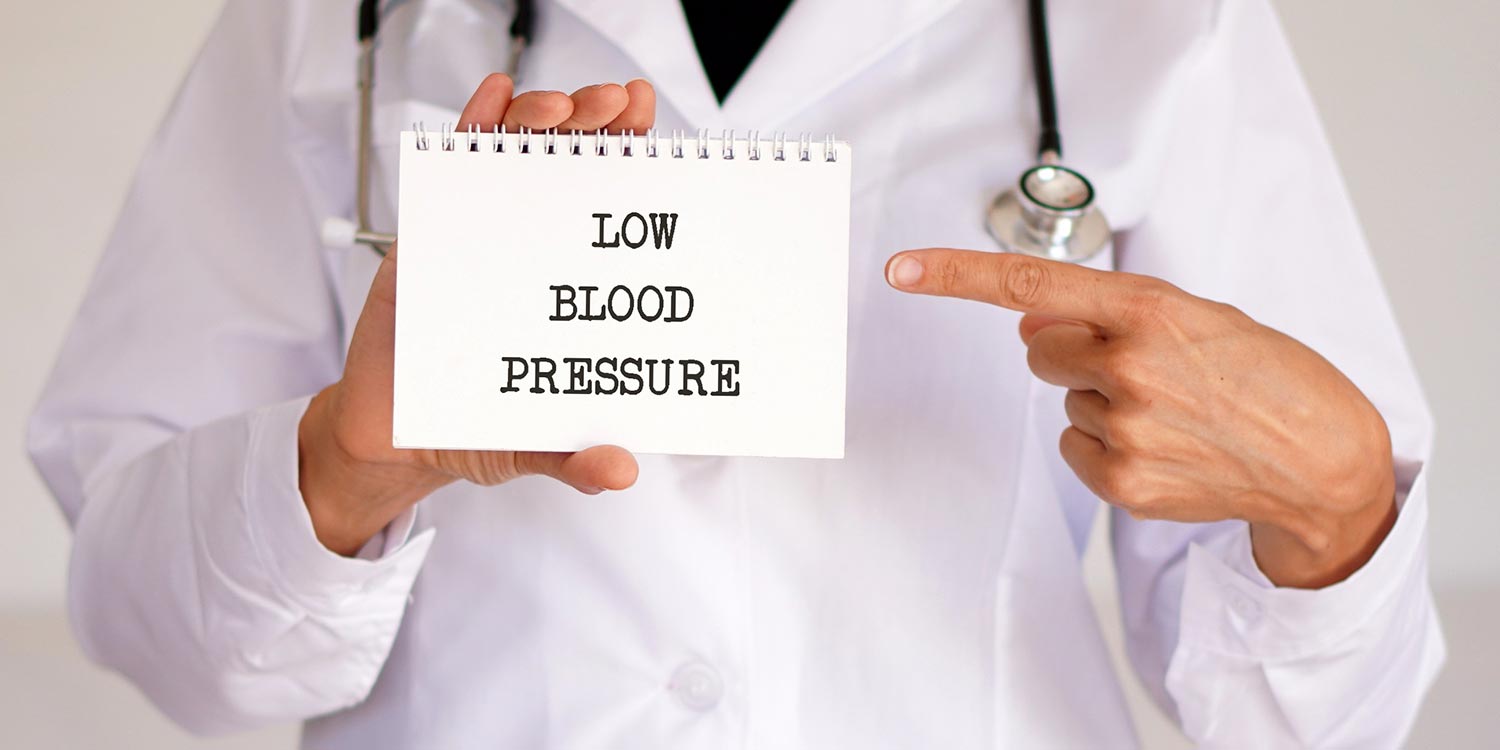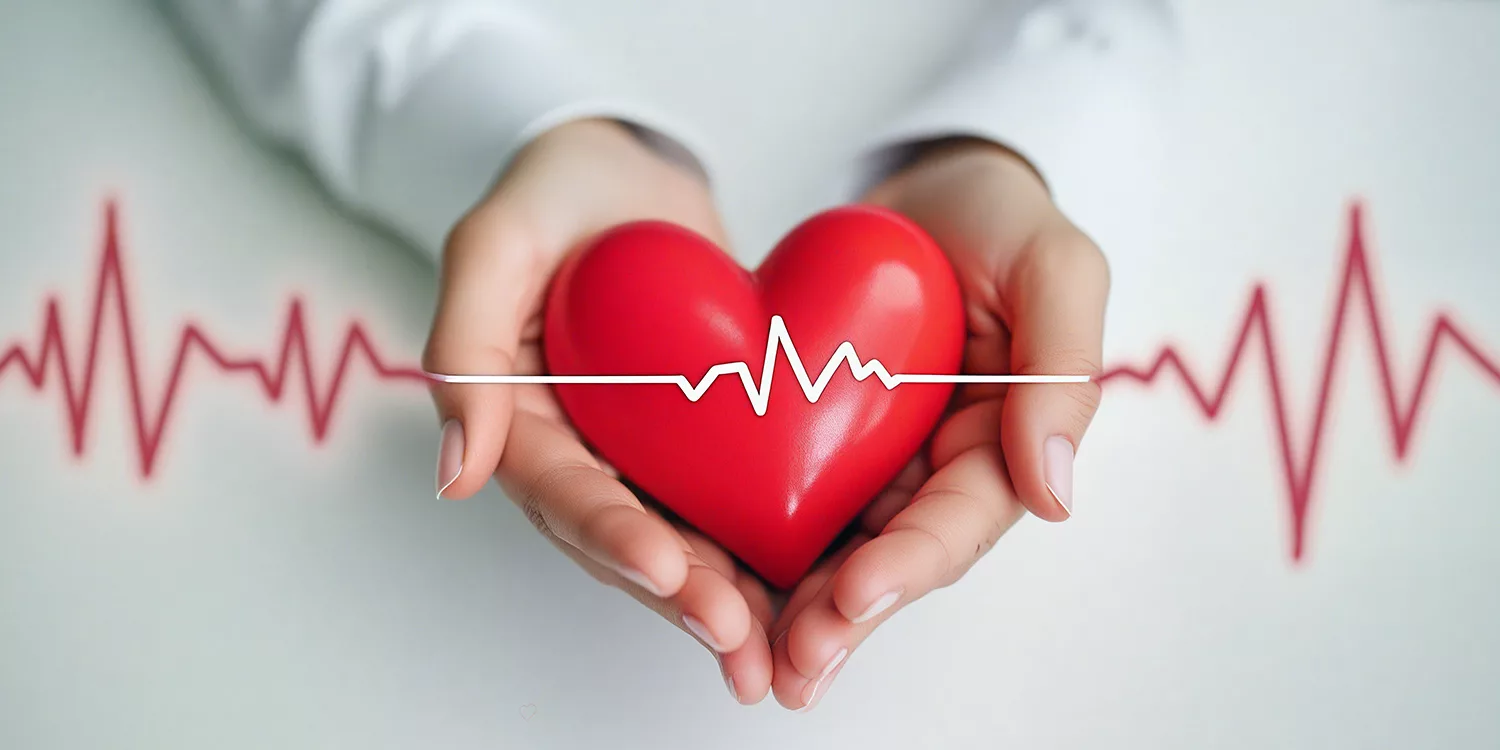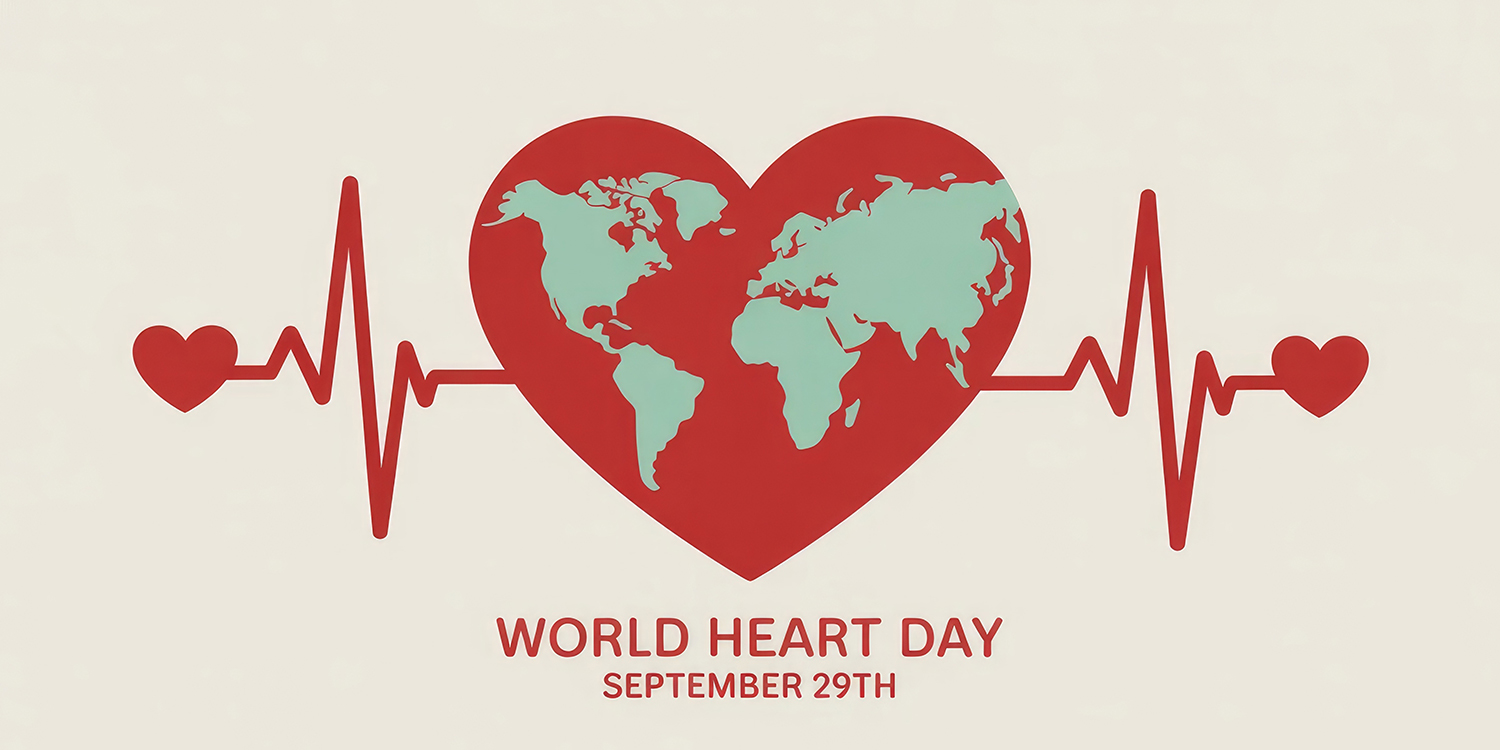Cardiac arrest is a life-threatening medical emergency, where the heart suddenly stops beating, cutting off blood flow to vital organs. At Graphic Era Hospital, the Department of Cardiology offers advanced emergency and post-resuscitation care for sudden cardiac arrest through its fully equipped Cardiac Critical Care Unit. Our team of expert cardiologists, electrophysiologists, and critical care specialists uses cutting-edge diagnostics and life-saving interventions, including defibrillation, cardiac pacing, and post-arrest rehabilitation, to stabilise patients. From prevention to recovery, we provide comprehensive, round-the-clock care for cardiac arrest.
When to Seek Cardiac Screening and Consultation
Sudden cardiac arrest often occurs without warning, but certain symptoms and risk indicators may suggest underlying heart issues that need prompt evaluation. Timely screening and consultation with a cardiologist can help prevent life-threatening cardiac events. Watch out for the following warning signs and symptoms:
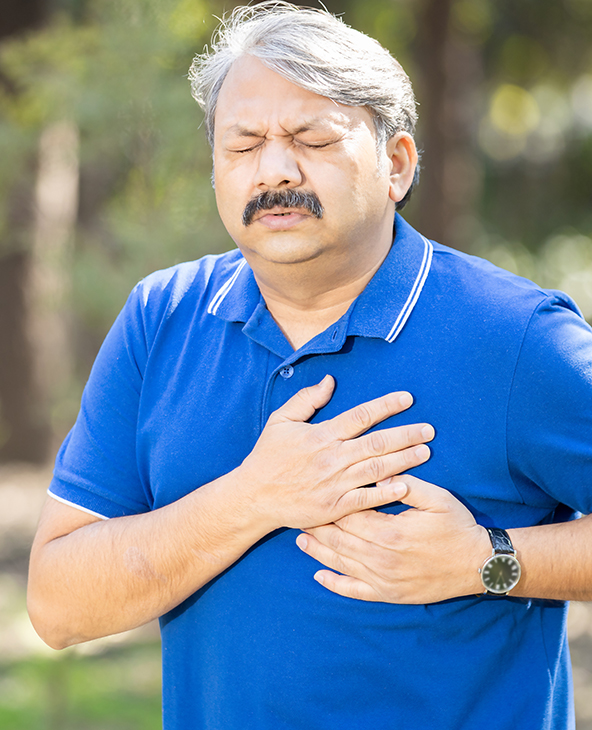
- Sudden loss of responsiveness or consciousness
- No pulse or breathing
- Chest pain or pressure
- Rapid or irregular heartbeat (palpitations)
- Shortness of breath without exertion
- Unexplained dizziness or fainting (syncope)
- Fatigue or weakness during mild activities
- Seizure-like activity without prior neurological history
- Bluish discolouration of lips, skin, or extremities
- Previous history of heart attack, arrhythmia, or heart failure
Things to Know Before Starting Cardiac Arrest Treatment
Cardiac arrest treatment requires urgent intervention and may involve critical care procedures. Here are a few important factors to consider:
- Immediate CPR and defibrillation are key to survival
- Risk of brain damage increases with delayed treatment
- Recovery often involves intensive care monitoring
- Post-resuscitation care may include mechanical ventilation
- Cardiac function and rhythm must be closely evaluated
- Pre-existing heart conditions can influence treatment approach
- Lifestyle changes are essential to prevent recurrence
- Long-term medications may be prescribed for cardiac health
- Implantable devices (pacemaker or defibrillator) might be required
- Rehabilitation support may be necessary for physical recovery
Cardiac Arrest Treatments Available at Graphic Era Hospital
We offer a full spectrum of advanced interventions to manage cardiac arrest and support recovery, from emergency response to long-term care.
- Cardiopulmonary Resuscitation (CPR): Immediate manual chest compressions and rescue breathing to restore blood flow during cardiac arrest.
- Defibrillation (AED Use): Delivery of electric shock to the heart using an automated external defibrillator (AED) to correct life-threatening arrhythmias.
- Advanced Cardiac Life Support (ACLS): Hospital-based emergency protocols including medication administration, airway management, and ECG monitoring.
- Pacemaker and AICD Implantation: Devices implanted to correct arrhythmias, prevent future arrests, or manage dangerously low heart rates.
- Therapeutic Hypothermia (Targeted Temperature Management): Controlled cooling to reduce brain injury and improve outcomes after resuscitation.
- Cardiac Catheterisation and Angioplasty: Emergency intervention to restore blood flow in cases of coronary artery blockage triggering cardiac arrest.
- Critical Care Monitoring in CCU: 24x7 monitoring with life support, ventilators, and cardiac devices in our advanced cardiac intensive care unit.
- Post-Arrest Rehabilitation and Risk Reduction: Ongoing care, counselling, and rehabilitation to manage underlying conditions and prevent recurrence.
Why Choose Graphic Era Hospital for Cardiac Arrest Treatment?

Cardiac Services Available at Graphic Era Hospital
Our cardiology department provides a wide range of specialised services to diagnose, treat, and manage various heart conditions effectively.
Non-Invasive Cardiology Services
These diagnostic tools help assess heart function without surgical intervention:
- Echocardiography (ECHO)
- Treadmill Test (TMT)
- Holter Monitoring
- Head-Up Tilt Test (HUTT)
Invasive Cardiology Procedures
We offer minimally invasive procedures for coronary artery disease and other cardiac issues:
- Coronary Angiography (CAG)
- Percutaneous Transluminal Coronary Angioplasty (PTCA)
- Emergency intervention for acute coronary syndromes
Arrhythmia and Electrophysiology Services
Our specialists manage heart rhythm disorders through:
- Pacemaker implantation (including leadless and physiological pacing)
- AICD (Automatic Implantable Cardioverter Defibrillator) placement
- Cardiac Resynchronisation Therapy (CRT) for heart failure
Structural and Congenital Heart Interventions
Treatment options for heart defects across all age groups include:
- ASD, VSD, and PDA device closures
- Balloon valvuloplasty
- Adult congenital heart disease management
Advanced Cardiac Interventions
High-risk patients benefit from state-of-the-art therapies such as:
- Transcatheter Aortic Valve Replacement (TAVR)
- Endovascular aortic repair (EVAR)
- Peripheral vascular interventions
Heart Failure and Preventive Cardiology Services
We support long-term cardiac health with:
- Hypertension and heart failure management
- Cardiac rehabilitation and lifestyle counselling
- Preventive care to reduce future cardiac events
Cardiac Critical Care Unit (CCU)
Our fully equipped CCU provides intensive care for cardiac arrest patients:
- Round-the-clock monitoring and life support
- Ventilator and IABP support
- Immediate post-procedure observation and stabilisation
Top Cardiac Arrest Treatments Available at Graphic Era Hospital
- Cardiopulmonary Resuscitation (CPR)
- Defibrillation (AED Use)
- Advanced Cardiac Life Support (ACLS)
- Pacemaker Implantation
- AICD Implantation
- Cardiac Catheterisation and Angioplasty
- Therapeutic Hypothermia
- Critical Care Monitoring in CCU
Blog
Frequently Asked Questions (FAQs)
What is cardiac arrest and how is it different from a heart attack?
Cardiac arrest occurs when the heart suddenly stops beating, cutting off blood flow to the body. A heart attack, on the other hand, is caused by a blockage in blood flow to the heart muscle, which can sometimes lead to cardiac arrest if untreated.
What immediate steps should be taken during a cardiac arrest?
Call emergency services immediately, start CPR without delay, and use an Automated External Defibrillator (AED) if available. Early intervention greatly improves the chance of survival.
What causes cardiac arrest in young people?
Cardiac arrest in younger individuals can result from inherited heart conditions, undiagnosed structural heart defects, electrical abnormalities, or sudden trauma during physical activity.
Can a person recover fully after cardiac arrest?
Yes, with prompt treatment, intensive care, and cardiac rehabilitation, many individuals can recover significantly. However, outcomes depend on the time to resuscitation and the extent of any brain or heart damage.
Does Graphic Era Hospital have ICU facilities for cardiac arrest care?
Yes, the hospital is equipped with an advanced Cardiac Critical Care Unit (CCU) featuring ventilators, life support devices, and 24/7 monitoring for patients recovering from cardiac arrest or other cardiac emergencies.

